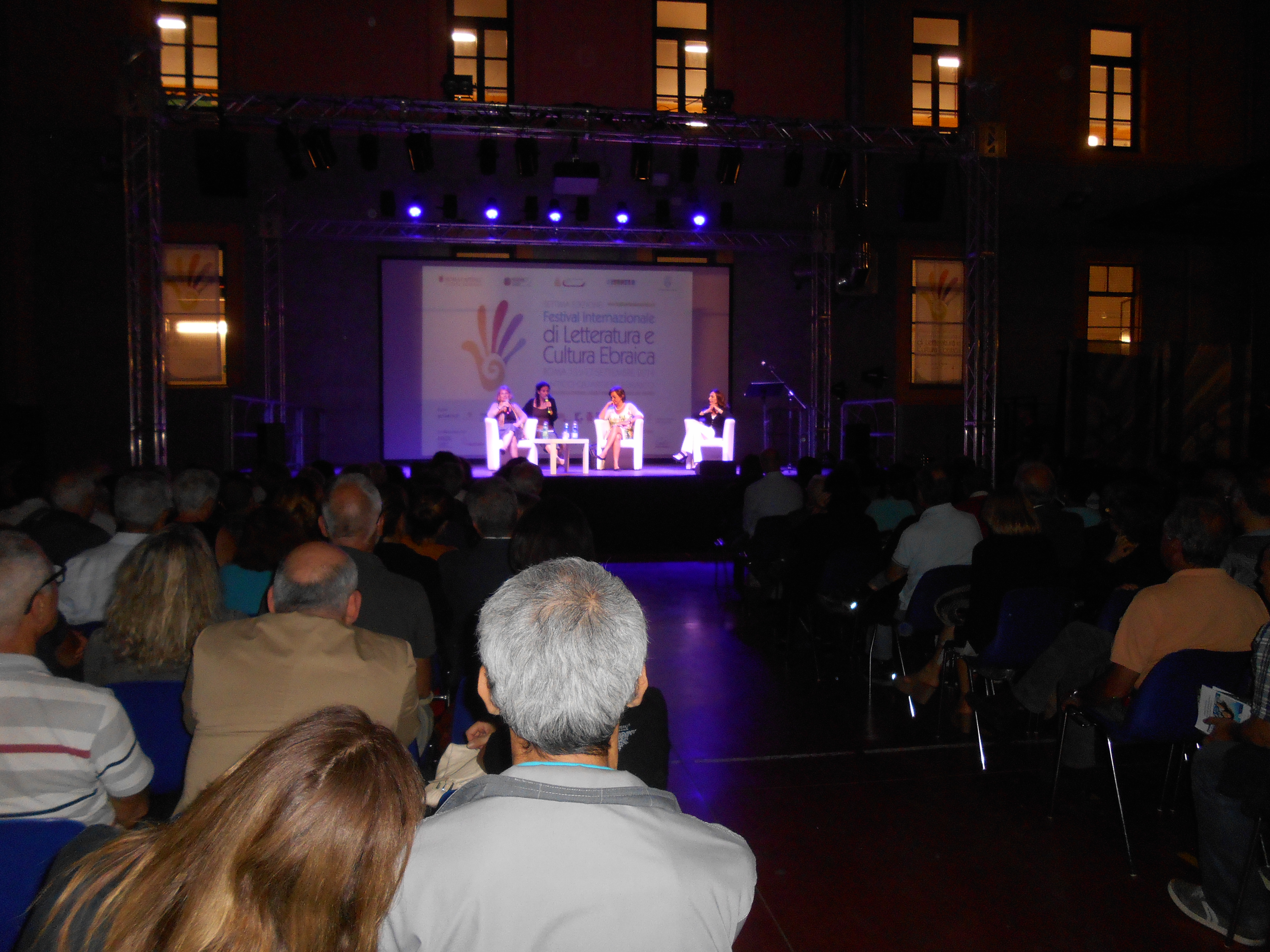 |
Today’s Lesson
|
 by Guido Vitale* by Guido Vitale*
Italian Jews have just lived another overwhelming European Day of
Jewish Culture. We have seen that Italian Judaism is alive and has much
to offer to the whole Italian society. But, above all, we have realized
that Italian society is expecting great things from Italian Jews and
from Jewish culture.
*Guido Vitale is
the editor-in-chief of Pagine Ebraiche.
|
| |
 |
Italian Word of the Week:
CULTURA
|
by Daniela
Gross
The word of the day is “cultura” not for its linguistic implications,
so intuitive (its translation is “culture”), but because today the
“cultura” has been the leitmotiv both for the Italian and the European
Jewry. Today, during the “European Day of Jewish Culture” (in Italian
“Giornata europea della cultura ebraica”), the most beautiful and
interesting Jewish places all across the Old Continent opened their
doors and the Communities promoted meetings, exhibits and artistic
events aimed to dialogue with the society and to get to know better
each other.
This issue of Pagine Ebraiche International covers only a part of many
of the appointments set today across Italy but it is enough to taste
the importance of this big event that any years recalls about 50,000
visitors: about one fourth of the European audience. In the last ten
years Italians got used to wait to the “Giornata europea della cultura
ebraica” as an opportunity to visit the magnificent artistic and
historical patrimony of the Italian Jewish world, to come into contact
with the Communities and their volunteers who, with admirable
commitment, handle the events.
In this day the ancient culture and tradition of the Italian Jews are
on the spot and, even in bad times, it is a day of joy and hope. We are
deeply conscious, in fact, that we can meet each other, communicate and
fight some common clichés only through culture: the most efficient,
deep and universal mean we can rely on.
|
| |
|
|

EVENTS
- EUROPEAN DAY OF JEWISH CULTURE
On
Women’s Side
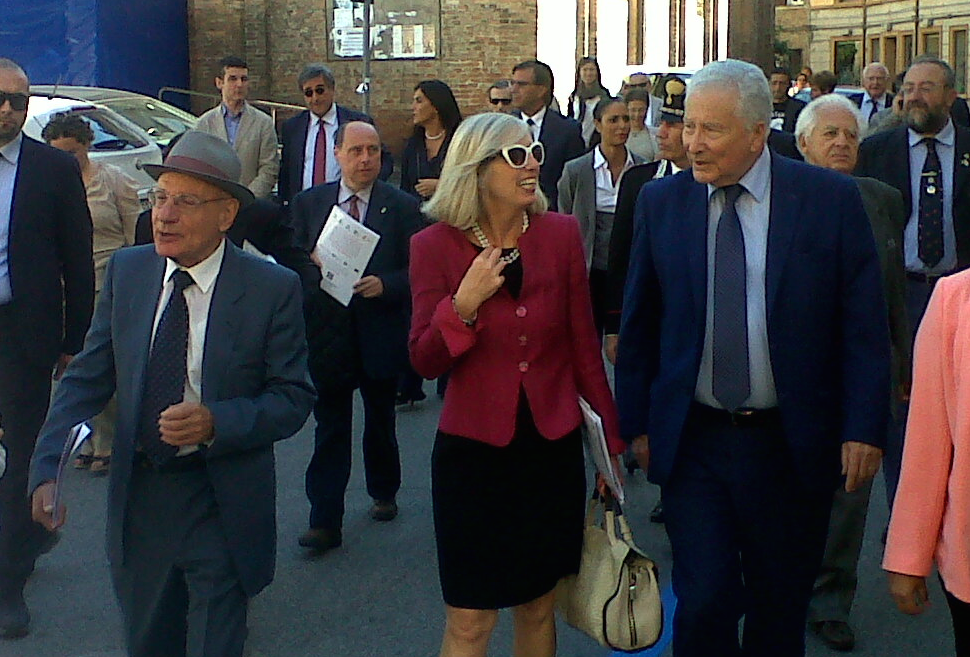 By
Adam Smulevich By
Adam Smulevich
“On this day, dedicated to women roles and contributions to Jewish
life, we want to express our determination in defending each and every
woman of this world – mothers, wives, daughters, sisters – from
violence, abuse and any kind of threat. We will always be on their
side”.
This concept has been expressed by Renzo Gattegna, President of the
Union of Italian Jewish Communities, during the opening ceremony of the
15th edition of European Day of Jewish Culture in Ferrara, the
principal city for Italy in 2014. The ceremony was attended, among
others, by the Minister of Education Stefania Giannini.

Read
more
|
EVENTS
– MILAN JEWISH FESTIVAL
Women,
Exodus and Freedom
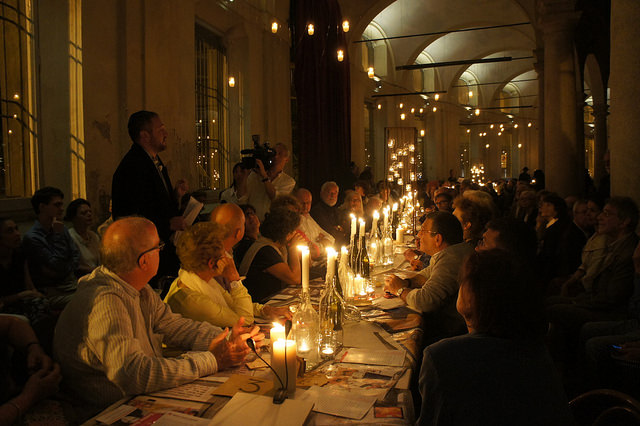 By
Daniel Reichel By
Daniel Reichel
“This year we have a double theme: freedom and women”, explained on
Sunday Rabbis Alfonso Arbib during the presentation of Jewish and the
City, the international festival of Jewish Culture of Milan, whose
title is “Pesach, the long Journey towards Freedom”. The second day of
the Festival has coincided with the European Day of Jewish Culture,
which dedicated this edition to the role of Women in Judaism. In the
Central Synagogue of Milan, a big crowd turned up for rav Alfonso Arbib
lesson: the Chief Rabbi of the city focused on the role played by women
in the Haggadah, and talked extensively about Miriam, Moshe’s sister,
and the daughter of Pharoah, reminding to all that “She has been the
first person to fight the persecution against the Jews when she saved
the life of Moshe”.
Read
more
|
EVENTs
Reading
in Pordenone
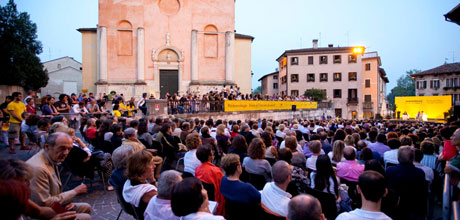
By Ada Treves
Pordenonelegge is one of the most important Italian literature
festivals and it is held in September in Pordenone, a small town
situated less than sixty kilometres from Venice, in the region called
Friuli Venezia Giulia.
Pordenone, with its characteristic medieval centre, boasts the presence
of an extraordinary audience keen on culture and literature every year.
Together with a specific attention to themes like cross cultural
understanding, multiethnic integration and a strong interest in poetry,
edition after edition also the attention to Jewish and Israeli culture
has been steadily growing, to the point that the edition opening this
week will be inaugurated by David Grossman, interviewed by Gian Mario
Villalta, one of the three curators of the Festival, together with
Valentina Gasparet and Alberto Garlini.
Read
more
|
OUT
OF THE BOOT
Diana,
Researching on Medieval Philosophy in Germany
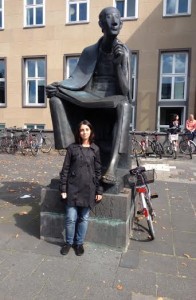
By Simone Somekh*
Later today Diana will be joining 200 experts in medieval philosophy
for an international convention at the University of Cologne. Before
heading to the lectures, Diana Di Segni, 30, discusses her new life in
Germany, and although it has been very tough to find a time for the
interview due to her busy schedule, she seems relaxed and eager to
share her experience.
*Simone Somekh is a
student at Bar-Ilan University, Israel, and writes as a freelancer for
the Jewish Italian press.
Shirly Piperno, fashion styling and communication student at Istituto
Marangoni, London, contributed reporting.
Read
more
|
INTERVIEW
Italian
Ambassador in Amman: "Jordan, a Safe Regional Hub"
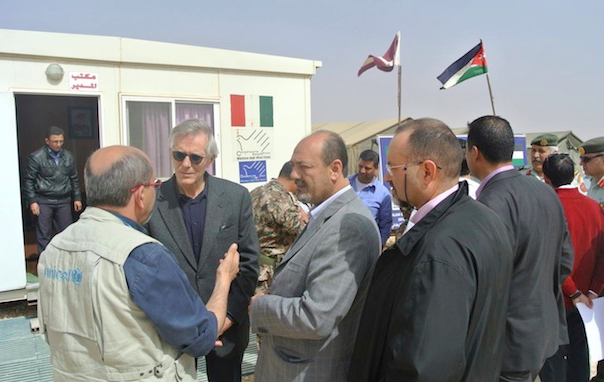
By Alain Elkann*
Jordan’s key role in the
region, its relationship with the Western world, the threat of ISIS.
The Italian Ambassador in Amman, Patrizio Fondi, talks about the
current situation in the Middle East and the struggle to maintain
stability and security.
Does serving as an
ambassador in Amman today mean living with a lot of pressure?
Above all, it means being vigilant and not just in the obvious sense of
being prudent and taking all reasonable precautions for the embassy and
for oneself, but in the sense of closely following rapidly-evolving
events as well as following subsequent reactions in Jordan in order to
keep Rome constantly abreast of the situation. It should be pointed
out, while not underestimating the risks and dangers, that the general
atmosphere in Amman is much better than in other neighbouring
countries. Therefore, I consider myself to be in a privileged position
compared to colleagues working in the same region.
*Author and journalist,
www.alainelkanninterviews.com
Read
more
|

Français
Femmes
et féminisme
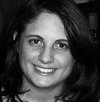
Francesca Matalon
“Il faut accepter cette idée révolutionnaire, que les femmes sont des
personnes”, disait Yeshayahu Leibowitz il ya vingt-cinq ans. Et juste
hier, dans une conférence pour la Journée Européenne de la Culture
Juive 2014, la présentatrice s'est sentie en devoir de spécifier qu'il
l'affirmait en riant, comme une blague. C'est un peu surprenant,
n'était-il pas évident? Discussions, organizations, luttes, et pourtant
voilà, en fait c'est aussi simple que ça. Il faut peut-être juste se
demander si ça a un sens d'appeler cela du féminisme.
Lire
la suite
|

| Every
day is Judgment Day |
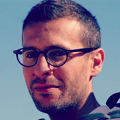
By Yaacov Mascetti*
Another year has gone by, and it's Rosh HaShana again. While every year
I sit in shul, and experience the liturgical moment of Divine judgment,
"yom ha-din," the day in which G-d opens the book of Life and initiates
a process of examination of every human being, there's an alternative
story which I have been telling myself in the last few years. This
story, which I'd like to share with you here, is not my story – it is
an alternative perspective presented in the Gemara, in the Tractate of
Rosh HaShana – it is marginally presented, I'd say, and then
immediately put aside. And the state of mind of those who can live
according to this "story" is extremely unique. With the risk of
sounding elitist, I am going to propose it here, not as a possible
perspective for the "many," but as an alternative for the "few." The
source of this narrative is a discussion conceived by Yesha'ayahu
Leibovitz on Rosh HaShana, and is re-elaborated by yours truly.
*Ph.D., Department of
Comparative Literature, Bar Ilan University
Read
more
|
|
|
Follow
us on  
This newsletter is published under difficult conditions. The editors of
this newsletter are Italian journalists whose native language is
Italian. They are willing to offer their energy and their skills to
give international readers the opportunity of learning more about the
Italian Jewish world, its values, its culture and its traditions.
In spite of all our efforts to avoid this, readers may find an
occasional language mistake. We count on your understanding and on your
help and advice to correct these mistakes and improve our publication.
Pagine Ebraiche International Edition is published by the Union of
Italian Jewish Communities (UCEI). UCEI publications encourage an
understanding of the Jewish world and the debate within it. The
articles and opinions published by Pagine Ebraiche International
Edition, unless expressly stated otherwise, cannot be interpreted as
the official position of UCEI, but only as the self-expression of the
people who sign them, offering their comments to UCEI publications.
Readers who are interested in making their own contribution should
email us at desk@ucei.it
You received this newsletter because you authorized UCEI to contact
you. If you would like to remove your email address from our list, or
if you would like to subscribe using a new email address, please send a
blank email to desk@ucei.it
stating "unsubscribe" or "subscribe" in the subject field.
© UCEI - All rights reserved - The articles may only be reproduced
after obtaining the written permission of the editor-in-chief. Pagine
Ebraiche - Reg Rome Court 199/2009 – Editor in Chief: Guido Vitale -
Managing Editor: Daniela Gross.
Special thanks to: Francesco Moises Bassano, Susanna Barki, Monica
Bizzio, Angelica Edna Calò Livne, Eliezer Di Martino, Alain Elkann,
Daniela Fubini, Benedetta Guetta, Sarah Kaminski, Daniel Leisawitz,
Annette Leckart, Gadi Luzzatto Voghera, Yaakov Mascetti, Francesca
Matalon, Giovanni Montenero, Elèna Mortara, Lisa Palmieri Billig,
Shirley Piperno, Giandomenico Pozzi, Daniel Reichel, Adam Smulevich,
Simone Somekh, Rossella Tercatin, Ada Treves.
Questo notiziario è realizzato in
condizioni di particolare difficoltà. I redattori di questo notiziario
sono giornalisti italiani di madrelingua italiana. Mettono a
disposizione le loro energie e le loro competenze per raccontare in
lingua inglese l'ebraismo italiano, i suoi valori, la sua cultura e i
suoi valori. Nonostante il nostro impegno il lettore potrebbe trovare
errori e imperfezioni nell'utilizzo del linguaggio che faremo del
nostro meglio per evitare. Contiamo sulla vostra comprensione e
soprattutto sul vostro aiuto e sul vostro consiglio per correggere gli
errori e migliorare.
Pagine Ebraiche International Edition è una pubblicazione edita
dall'Unione delle Comunità Ebraiche Italiane. L'UCEI sviluppa mezzi di
comunicazione che incoraggiano la conoscenza e il confronto delle
realtà ebraiche. Gli articoli e i commenti pubblicati, a meno che non
sia espressamente indicato il contrario, non possono essere intesi come
una presa di posizione ufficiale, ma solo come la autonoma espressione
delle persone che li firmano e che si sono rese gratuitamente
disponibili. Gli utenti che fossero interessati a offrire un proprio
contributo possono rivolgersi all'indirizzo desk@ucei.it
Avete ricevuto questo messaggio perché avete trasmesso a Ucei
l'autorizzazione a comunicare con voi. Se non desiderate ricevere
ulteriori comunicazioni o se volete comunicare un nuovo indirizzo
email, scrivete a: desk@ucei.it
indicando nell'oggetto del messaggio "cancella" o "modifica".
© UCEI - Tutti i diritti riservati - I testi possono essere riprodotti
solo dopo aver ottenuto l'autorizzazione scritta della Direzione.
Pagine Ebraiche International Edition - notiziario dell'ebraismo
italiano - Reg. Tribunale di Roma 199/2009 - direttore responsabile:
Guido Vitale - Coordinamento: Daniela Gross.
Realizzato con il contributo di: Francesco Moises Bassano, Susanna
Barki, Monica Bizzio, Angelica Edna Calò Livne, Eliezer Di Martino,
Alain Elkann, Daniela Fubini, Benedetta Guetta, Sarah Kaminski, Daniel
Leisawitz, Annette Leckart, Gadi Luzzatto Voghera, Yaakov Mascetti,
Francesca Matalon, Giovanni Montenero, Elèna Mortara, Lisa Palmieri
Billig, Shirley Piperno, Giandomenico Pozzi, Daniel Reichel, Adam
Smulevich, Simone Somekh, Rossella Tercatin, Ada Treves.
|













